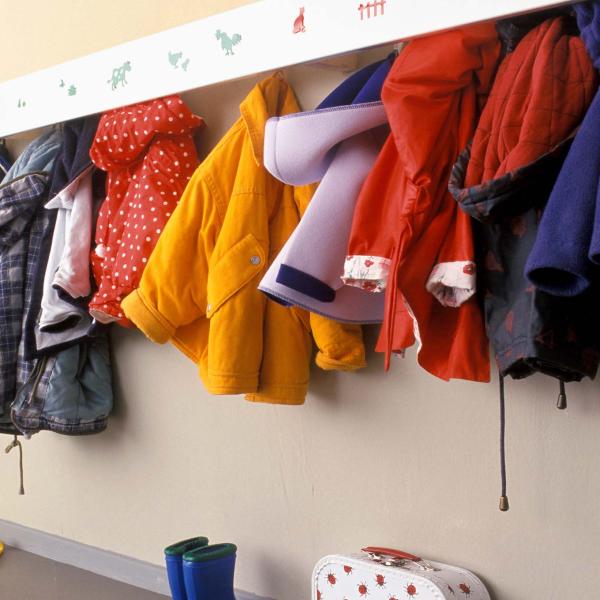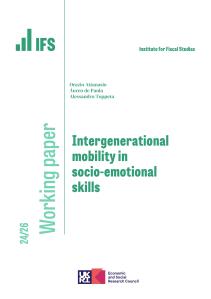Access
Globally, preschool enrollment has surged, but its quality is often poor. We evaluate strategies to improve quality of public preschools in Colombia. The first, designed by the government and rolled out nationwide, provided extra funding, mainly earmarked for hiring teaching assistants. The second also offered low-cost training for existing teachers. The first intervention had no effect on child development, while the second improved children’s cognitive development, especially for more disadvantaged children. This pattern can be explained by the interventions affecting teachers' behavior differently. The first led teachers to reduce their classroom time, including learning activities, while additional training offset the adverse effect on learning activities and improved teaching quality.
Authors

Research Fellow
Alison is a Senior Research Economist of our Institute with research interests in the economics of gender, marriage and education.
Yale University

Universidad de los Andes

Lina Cardona Sosa

Deputy Research Director
Sonya Krutikova is an Associate Professor of Economics at Manchester University and IFS Deputy Research Director.

Research Associate
Marta is a Research Associate, working at the Centre for Evaluation of Development Policies at IFS and at the Inter-American Development.
Journal article details
- DOI
- 10.1086/728744
- Publisher
- University of Chicago Press
- Issue
- Volume 132, Issue 7, pages 2304-2345
Suggested citation
Andrew, A et al. (2024). 'Preschool quality and child development' 132(7/), pp.2304–2345.
More from IFS
Understand this issue

Sure Start achieved its aims, then we threw it away
15 April 2024

Childcare and the early years: what are the new entitlements and how will they be delivered?
1 July 2024

What is the two-child limit in benefits?
27 June 2024
Policy analysis

Free breakfast clubs in schools: what Labour’s plans would mean for pupils and families
25 June 2024

Labour’s plans to build childcare spaces in schools will nudge the market in a different direction – but not transform it
9 June 2024

How do the last five years measure up on levelling up?
19 June 2024
Academic research

Targeting men, women or both to reduce child marriage
28 May 2024

Economics of Childhood Nutrition Workshop

Intergenerational mobility in socio-emotional skills
5 June 2024